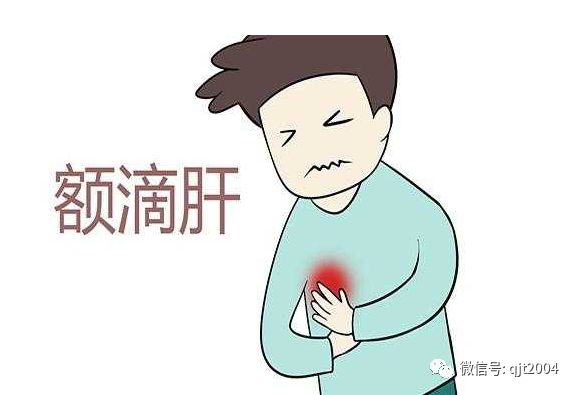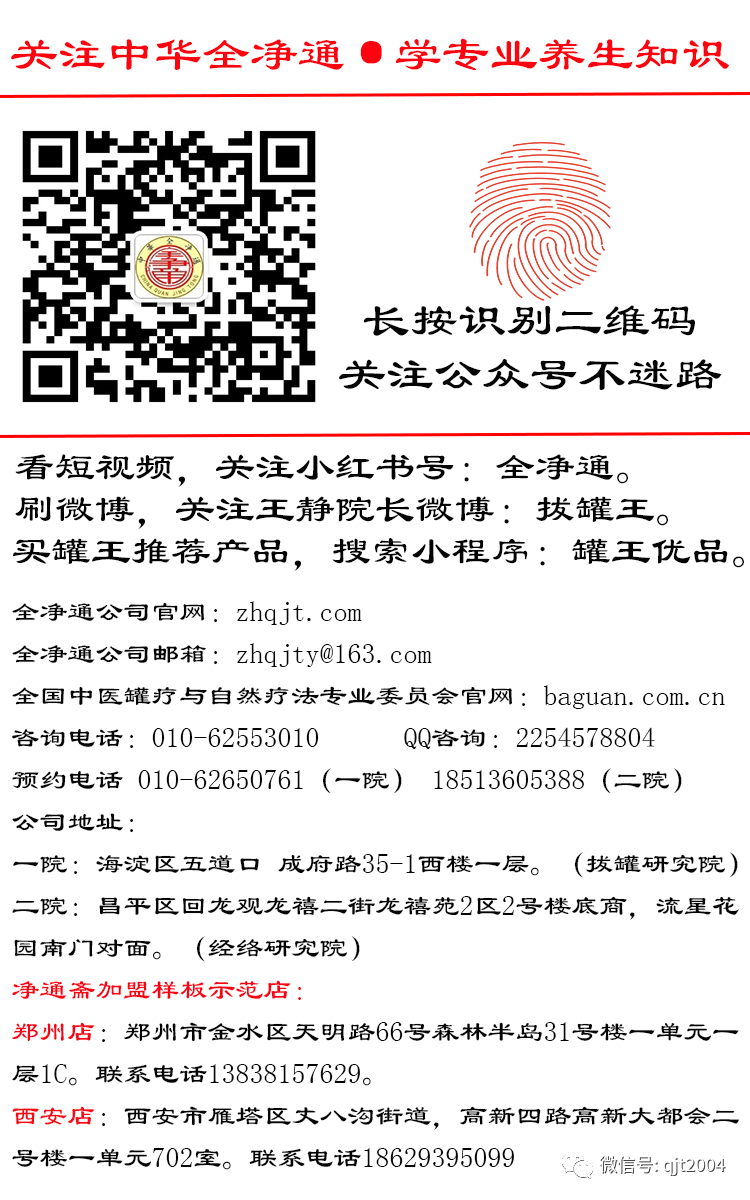All interesting souls around the world are following Quan Jing Tong.
Follow me for daily knowledge.
Traditional Chinese Medicine (TCM) has long held that “spring is the time to nourish the liver.” Ming dynasty physician Zhang Jingyue stated: “Spring corresponds to the liver and is a time for health preservation.” This is because spring is associated with the wood element, which corresponds to the liver. As all things revive in spring, it is a season of rising Yang energy, making liver nourishment particularly effective.
When the liver is healthy, everything is well!
When the liver is unhealthy, one may age prematurely!

Quan Jing Tong offers liver detoxification through specialized scraping techniques to clear waste from the liver area. Often, the overlooked waste in the crevices accumulates a significant amount of toxins.
Regular liver detoxification can effectively eliminate liver toxins, improving dull complexion; fatigue and exhaustion; rough skin; bodily weakness; calf soreness while walking; decreased sleep quality; lack of concentration; irritability; migraines; breast hyperplasia; gum bleeding; rib pain, and various other discomforts.
Traditional Chinese Medicine theory posits that “the liver governs the smooth flow of Qi,” meaning that liver Qi facilitates the smooth circulation of Qi, blood, and body fluids, as well as the proper functioning of the spleen and stomach, and emotional activities.
“The liver is a solid organ, it prefers smoothness and dislikes depression; in emotions, it corresponds to anger.” This primarily expresses that the liver is a strong and impulsive organ that thrives on calm and gentle emotions, and dislikes anger and depression.
It can be said that the liver controls the storage and transport of nutrients in our body, which is why we often say, “Nourishing the liver is nurturing life! When the liver is healthy, everything is well!”

How to Determine Liver Qi Stagnation
TCM teaches that all diseases arise from Qi stagnation, so only by resolving liver Qi stagnation can women reduce or even eliminate illness.
1. Causes of Liver Qi Stagnation
Several factors can lead to liver Qi stagnation:
Family Disharmony: Frequent arguments between spouses or tense relationships with in-laws can lead to liver Qi stagnation.
Social Pressure: For instance, older unmarried women often face pressure from parents, relatives, and colleagues to marry, compounded by societal criticism of their situation, leading to significant stress and liver Qi stagnation.
Work Pressure: In modern workplaces, there is no gender preference; women face unprecedented pressure, especially white-collar women who are torn between family and career, leading to widespread liver Qi stagnation.
Poor Self-Regulation: Many women struggle to cope with challenges, fixating on the negative aspects of life and work, and are unable to self-soothe, which often results in liver Qi stagnation.

Manifestations of Liver Qi Stagnation
One manifestation is Qi stagnation, which means that Qi is blocked within the body, leading to feelings of depression and oppression, commonly referred to as “feeling stuck” or “simmering anger.” This is a typical sign of liver Qi stagnation. Prolonged liver Qi stagnation can generate heat, leading to excessive liver fire and irritability. Some individuals may sigh frequently and feel unhappy, risking serious health issues; others may become impulsive, easily angered, causing distress to themselves and others.
Many women report that they are aware of their poor health and wish to take blood-nourishing supplements, but they often develop mouth ulcers or have trouble sleeping after taking them, tossing and turning restlessly at night.Some believe this is due to “deficiency not accepting nourishment,” but in reality, these issues are often caused by liver fire; if liver fire is obstructing the system, how can nourishment be absorbed?
The dangers of liver Qi stagnation are significant and beyond imagination; it can lead to blood stasis, weak temper, dampness accumulation, and even yin deficiency with yang excess… In short, the “crimes” of liver Qi stagnation are numerous.
Today, many people suffer from liver Qi stagnation, especially women who juggle family responsibilities and careers, raising and educating children while also caring for elderly parents, making it difficult to avoid liver Qi stagnation.
How to Determine if You Have Liver Qi Stagnation,You need the following “evidence”:

Bitter Mouth: Especially in the morning, many women feel a bitter taste in their mouth.
Dry Throat: Feeling dryness in the mouth and throat, as if there is no saliva, but upon examining the tongue, some may still see it covered in saliva.
Feeling of a Lump in the Throat: A sensation of having a persimmon pit stuck in the throat, which cannot be coughed up or swallowed, known as “plum pit Qi.”
Dizziness: Some women frequently experience dizziness, either all day or in sudden episodes, and some may also have headaches.
Poor Appetite: “Liver wood counteracts spleen earth,” so liver Qi stagnation can lead to various spleen and stomach issues, such as lack of appetite, bloating, and stomach pain.
Body Temperature Fluctuations: Feeling hot when dressed and cold when undressed, complaining of heat in a warm room but feeling cold outside.
Irritability: Individuals with liver Qi stagnation often feel irritable, easily angered, and prone to brooding.
Nausea: Due to “liver wood counteracting spleen earth,” leading to upward stomach Qi, causing feelings of gas, belching, acid reflux, or even vomiting.
Chest Tightness: A sensation of tightness in the chest, even diagnosed with heart issues. In fact, individuals with heart problems should first address liver Qi stagnation if their tongue is pointed.
Rib Pain: A persistent feeling of pain in the ribs.
Insomnia and Vivid Dreams: Insomnia can primarily stem from two causes: blood deficiency or liver Qi stagnation. Vivid dreams are also a sign of liver Qi stagnation, as such individuals tend to dream frequently upon falling asleep.
Low Mood: Sighing, feeling melancholic, and being particularly sensitive.
Cold Hands and Feet: Many know that cold extremities can result from yang deficiency, blood deficiency, or blood stasis, but few recognize that liver Qi stagnation can also cause cold hands and feet. If cold extremities coincide with the aforementioned symptoms, consider the possibility of liver Qi stagnation.
All of the above are criteria for diagnosing liver Qi stagnation; if at least one or two apply, it is reasonable to conclude that liver Qi stagnation is present.


